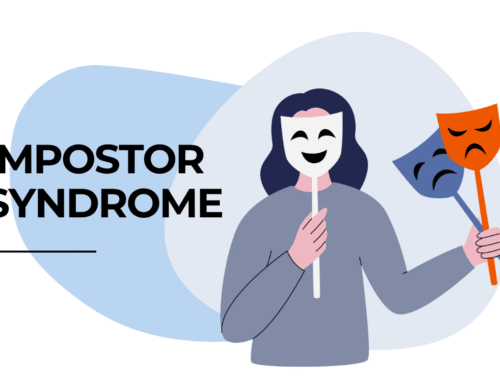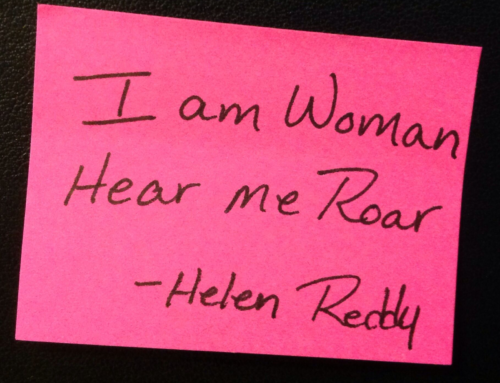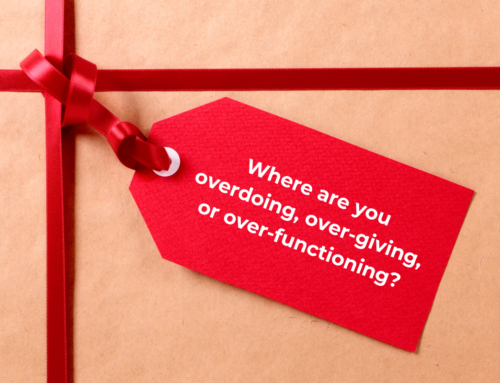When I moved to Denver in 1997, I was UPROOTed—literally and figuratively. I made the choice to leave Kansas City, the city where I was born and raised, to start a new life with my love, who is now my husband of 25 years. I sold my house and all my home possessions to start anew. I was excited, filled with anticipation for this new chapter. But what I didn’t expect were the overwhelming feelings that came with it.
Kansas City wasn’t just a place; it was my home. It held my family, my friends, and my sense of belonging. It was where my roots ran deep.
My husband was uprooted too, moving from a mountain town. We rented a modest townhome with teal carpet—a bold choice neither of us made, but one we lived with! The furniture came from his storage unit from his time in Washington, D.C. To my surprise, the décor included black lacquer furniture, and, if I remember correctly, white retro couches straight out of the 1970s. It wasn’t exactly home, but it was where we began.
I thought I was prepared. My resume was strong, and I had an exciting lead with a local television station. But the job didn’t pan out. Suddenly, my confidence and identity—so tied to my career—began to falter.
In those early days, I was adrift. I spent my time looking for work, settling into my new role as a “domestic goddess,” and playing computer games to pass the time. But deep down, I felt lost. I didn’t recognize the person I was becoming. In Kansas City, I had a sense of who I was. In Denver, I felt like a stranger, even to myself.
I was UPROOTED.
I used to say I felt like a big old tree that had been firmly planted in Kansas City—roots deep, sturdy, secure. Then, suddenly, I was plucked out of that soil and dropped in Denver. But I wasn’t planted. My roots were left exposed, raw, and vulnerable.
That experience stripped me of the identity I had built around my career and my younger self’s belief system. The loss was profound. But looking back now, I see it wasn’t just a loss—it was also an opportunity.
A Void Becomes Fertile Ground
Moving to Denver created a void, but that void became fertile ground for something new. It didn’t feel like it at the time, but being uprooted gave me a second chance.
In Kansas City, I had found my faith in a small Unity church. That foundation sustained me during this transition. And as painful as it was to lose the identity I’d built around “what I did,” it also forced me to ask a bigger question: Who am I meant to be? What is my calling?
Denver offered me the chance to rebuild. It gave me the space to do things over, to try again, and to redefine myself on my own terms.
Lessons Learned
- Being uprooted is painful, but it’s also necessary for growth.
At first, being uprooted felt like losing everything I knew about myself. It was uncomfortable, lonely, and disorienting. But what I’ve realized is that the process of being uprooted isn’t about the end of something—it’s about making space for something new to grow. Sometimes, life has to shake us loose to replant us where we’re meant to thrive.
- Your identity is more than what you do.
For so long, my sense of self was tied to my work. Losing the career-focused version of myself was devastating, but it was also a gift. It pushed me to dig deeper and ask, “Who am I, really?” Denver taught me that my worth isn’t tied to my title or accomplishments—it’s in my heart, my faith, my service, and the love I bring into the world.
- Faith is the root that holds you steady.
My connection to faith became my anchor in this season of change. It reminded me that even when my identity felt stripped away, I was never truly untethered. Faith gave me the courage to believe that the pain of being uprooted wasn’t permanent—that God was guiding me toward something greater.
- The void isn’t empty—it’s fertile ground.
What I thought was emptiness was actually rich, untapped soil. The loss I experienced wasn’t just a loss; it was an invitation to start over. I didn’t see it right away, but that void became a place to create, rebuild, and plant new dreams. Who knew I was going to be a social worker?
- Second chances are about replanting, not just recovering.
Being uprooted taught me that second chances aren’t about going back to the way things were. They’re about replanting yourself in new soil and allowing yourself to grow in ways you never imagined. It’s about letting the discomfort shape you into a stronger, more authentic version of yourself.




